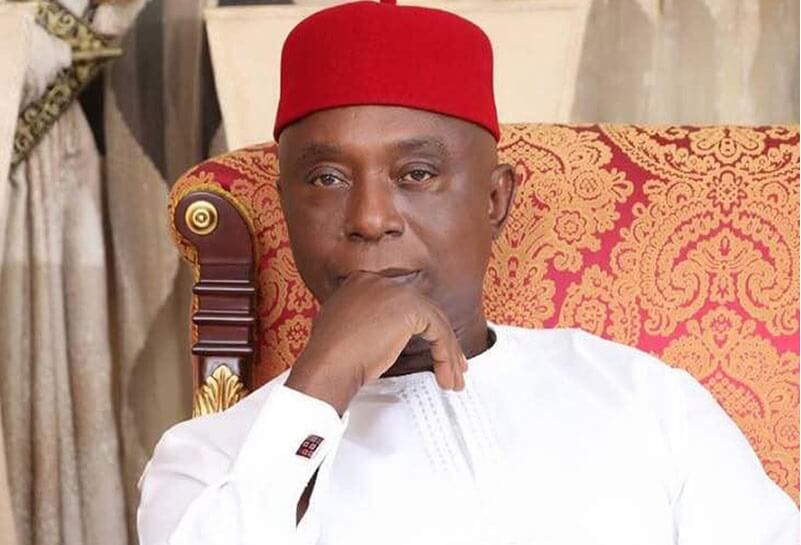Ned Nwoko Slams Western Pharma’s Malaria Drug Monopoly

The Chairman of the Prince Ned Nwoko Foundation for Malaria Eradication and Community Development, Senator Ned Nwoko, has accused Western pharmaceutical companies of lacking interest in helping Nigeria eradicate malaria.
Speaking at a malaria vaccine workshop organised by the foundation in Abuja, Nwoko claimed that the companies prioritise their profits from malaria drug sales over the health of Nigerians.
He said there was the urgent need for a malaria vaccine production plant in Nigeria and Africa, stating that pharmaceutical companies show little interest because malaria is primarily an African problem.
“As a matter of fact, they make more money selling their drugs to us. There are many types of drugs, most of them are also not entirely safe after long-term use, as this creates problems for the body in general—kidney, liver, you name it. But that’s not their concern. For European and Western societies, their concern is profit over health,” Nwoko asserted.
Nwoko noted that malaria claims no fewer than 600,000 lives annually, with the majority of fatalities occurring in Africa.
The lawmaker argued that if malaria were a European problem, vaccines would have been developed by now.
“They would have discovered vaccines, put in the money, the effort, and the resources. They know that if we discover vaccines, their drugs will no longer be needed in Africa. And so the companies will fold up, or they will lose many of their workers.
“This is why our governments in Nigeria and Africa should put the people first and invest heavily to achieve this. It is something that is achievable,” he added.
He, however, stressed that malaria eradication should not be left to private initiatives alone, urging every government to get involved.
He revealed that he had personally spent about $20m on malaria vaccine research and eradication efforts over the years.
As a lawmaker, Nwoko disclosed that he has sponsored a bill in the Senate seeking to establish an agency dedicated to malaria research and eradication. He noted that with such an agency in place, there would be better funding and collaboration with the presidential team. He added that a public hearing on the bill is expected to take place before July.
Speaking at the event, the Coordinating Minister of Health, Dr. Ali Pate, reaffirmed the current administration’s commitment to eliminating malaria, emphasizing the role of vaccines in achieving this goal.
Represented by Dr. Godwin Ntadom, Director of Public Health at the ministry, Pate noted that Nigeria accounts for more than seven percent of global malaria cases and deaths. He stressed that the country must take the lead in vaccine production. He added that the foundation’s efforts align with the government’s agenda.
In a presentation titled “Malaria Vaccine Advocacy and Community Engagement,” Dr. Michael Nwoko, Director of the Malaria Vaccine Project at the foundation, outlined the workshop’s objectives, which include setting a clear path for the vaccine’s development.
He explained that the Foundation is determined to actualize malaria vaccine manufacturing in Nigeria, noting that the project is extensive and requires strategic unbundling to ensure success.
“The reason we are gathered here today is purely for vaccines. We choose to unbundle the project, separate the vaccine, and work with critical stakeholders in Nigeria and all over the world.
This is to see how we can develop a malaria vaccine with the requisite efficacy and potency that can be accepted by our people and that can deliver the results that we need,” he explained.
The workshop, themed “Building and Strengthening a Sustainable Malaria Vaccine Ecosystem in Nigeria,” was held to drive local vaccine production as a key step toward malaria eradication.
Ned Nwoko Slams Western Pharma’s Malaria Drug Monopoly is first published on The Whistler Newspaper





